Cuban Press, Between Transformation and Challenges
especiales
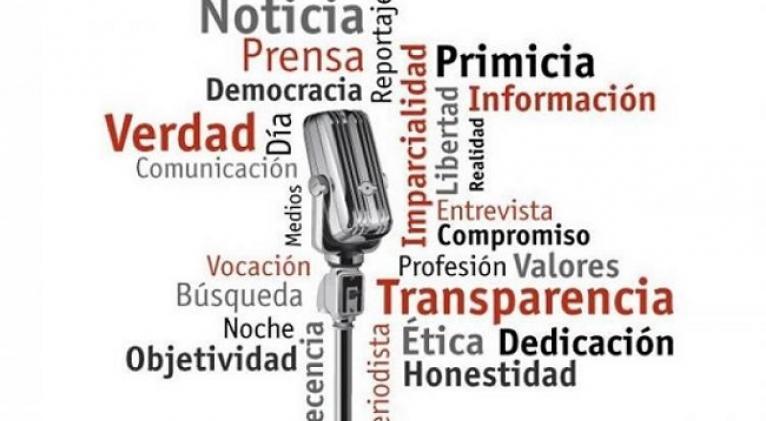
Always coinciding with the date on which Patria newspaper was born at the hands of José Martí (New York City, 1892), Cuban press professionals celebrate its Day every March 14th.
The tribute, whose beginnings date from early 1990s, puts a pause in the intensity of the journalistic routine to dedicate a few days with certain hues of "festivity".
Led by the Union of Journalists (UPEC), in this 2023 the program of activities will honor the historical coincidences of the commemoration: the 170th anniversary of the birth of the National Hero, the 90th anniversary of the promotion to the altar of great patriots of Juan Gualberto Gómez and the 60th of the union organization.

These recognitions “imply making this year the year of public communication in Cuba and, on the 11th Congress, in that of transformation. This is how committed is the execution that is coming for the work of the press system on this island besieged by a strong media conflict.
With these claims at hand, we come before Ricardo Ronquillo Bello, president of UPEC. He gave up a few minutes of his time to talk with CubaSí about the challenges that the media, its workers, and executives faces.
Consistent with the interests that forge the current strategies of the sector, Ronquillo emphasized the results exposed on the entity's meeting, which evidenced the serious difficulties the press faces in the country in various areas: technological resources, transportation, infrastructure…
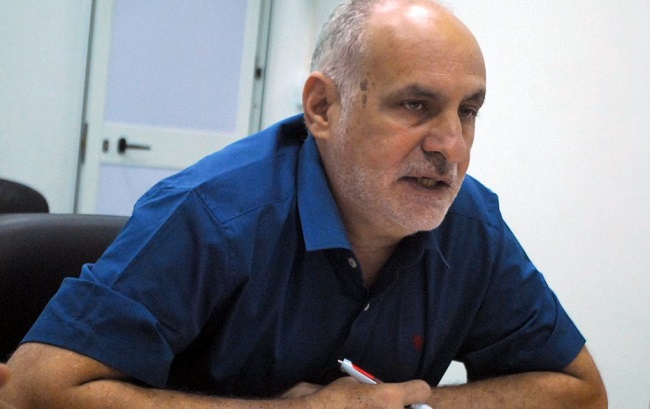
«However, at the same time, I consider that we’ve never experienced moments as hopeful as these ones; because we are discussing the Law on Communication, which has been a dream for journalists and a need for society for a long time.
«Since the 80’s of the last century, people began to talk about the importance and relevance of having a legal instrument of this nature. It would be the first time we have such a rule in the nation's history.
«Therefore, having it available is the first step towards the deep and radical transformation the press system requires. We are convinced that we will soon have this legal framework.
«The analysis of the regularizing project, over many months, changed 80 % of its articles, which reveals the level of participation of experts in the matter and of society in general.
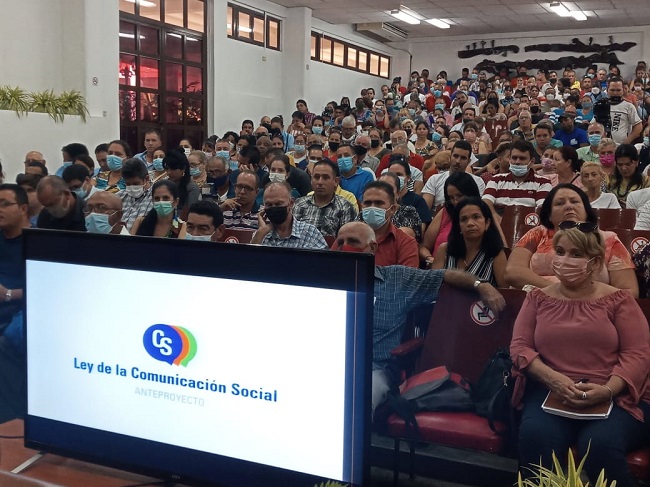
"It also demonstrates the receptive capacity of the drafting committee to listen, attend, and incorporate all concerns in order to improve the draft."
Regarding the highly debated "new economic and editorial model of the public press system", he said that the bases of an experiment at different scales of the national, territorial, written, radio, television and digital media have already been established.
«Personally, I believe that we’ve never been so close to being able to make true the dream that for many years has been the subject of debate in our media.
“But this transformation also demands financial, material, and technological resources, which are now very difficult to acquire due to the current conditions the country is in.
“However, this is a topic discussed in the most important instances of the political and state leadership. Therefore, we are closer than ever to advancing in the dreams that were almost a pipe dream before."

By investigating the evolutionary changes of this model, the president of UPEC recognized that they will be the ones to open a path towards the transition that will allow the Revolution, the society and the Cuban socialist ideal to face the huge challenges that we have in the symbolic battle ground.
«It’s no coincidence that the State leadership has established that public communication constitutes one of the strategic pillars of government management. Because without effective management of this area, the triumph of a revolutionary project like ours would really be doubtful.
«As it’s known, we are subjected to a fourth generation war. Experts speak of Cuba as experiencing what’s known as the acute phase of a very strong communication war.
«Our society already has all the characteristics of a networked society, with the dangers and the huge advantages and possibilities Internet provides.
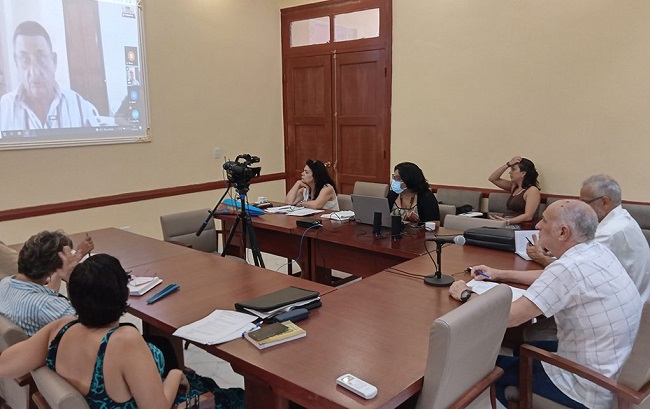
«I remember, in a special way, Julio García Luis, one of the great historical references of our journalism, when he spoke of the challenge of building consensus through a networked society represents.
«In other words, consensus is not built today as it could be done in the 20th century. Now the ways in which public communication is done have radically changed.
"To the extent that we become literate in the conveniences provided by the new information and communication technologies, we will be in a better position to use the benefits that Internet provides us in favor of the political project of the Revolution."
Translated by Amilkal Labañino / CubaSí Translation Staff


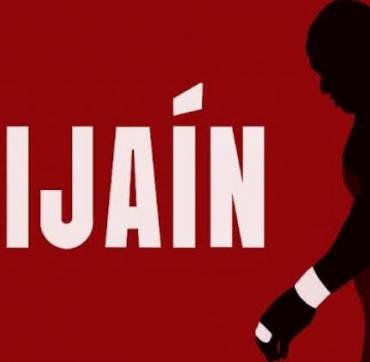











Add new comment